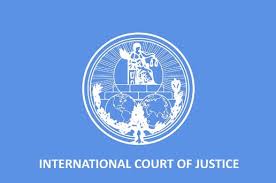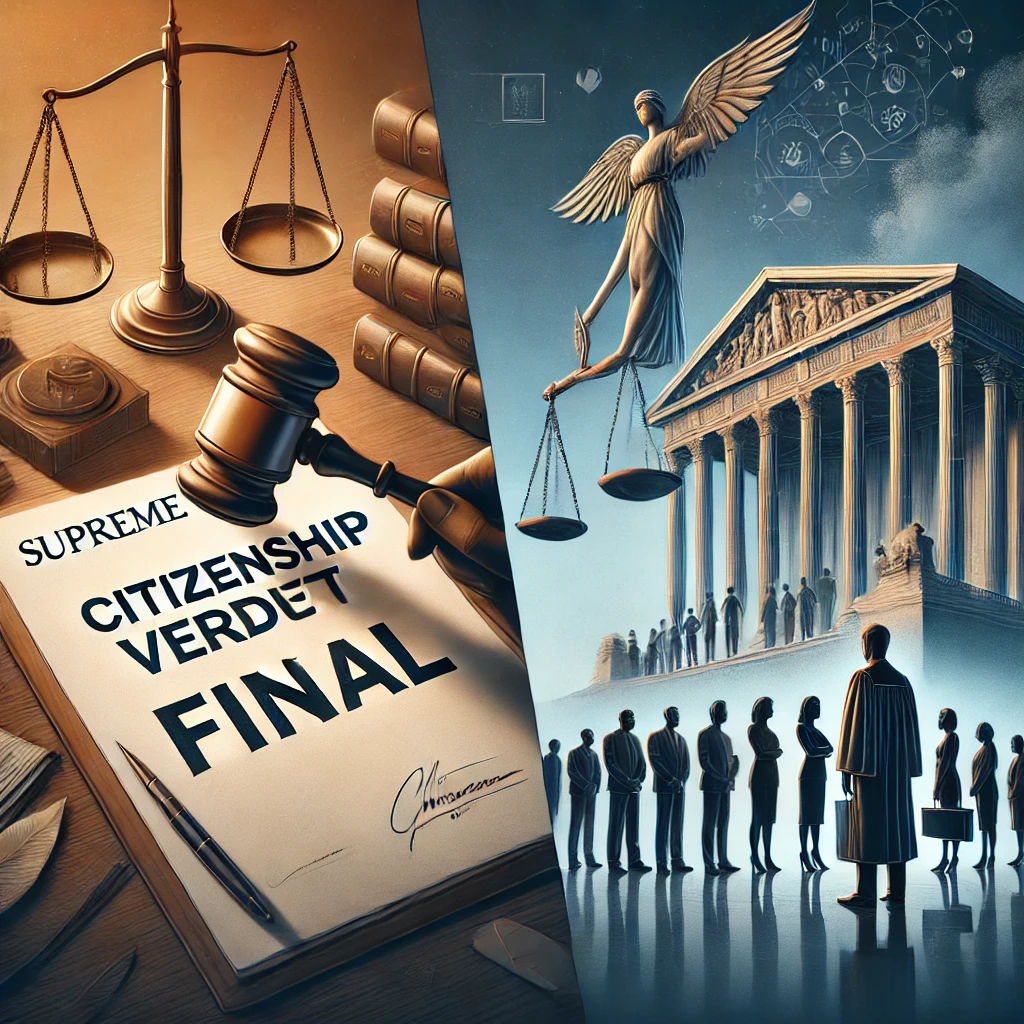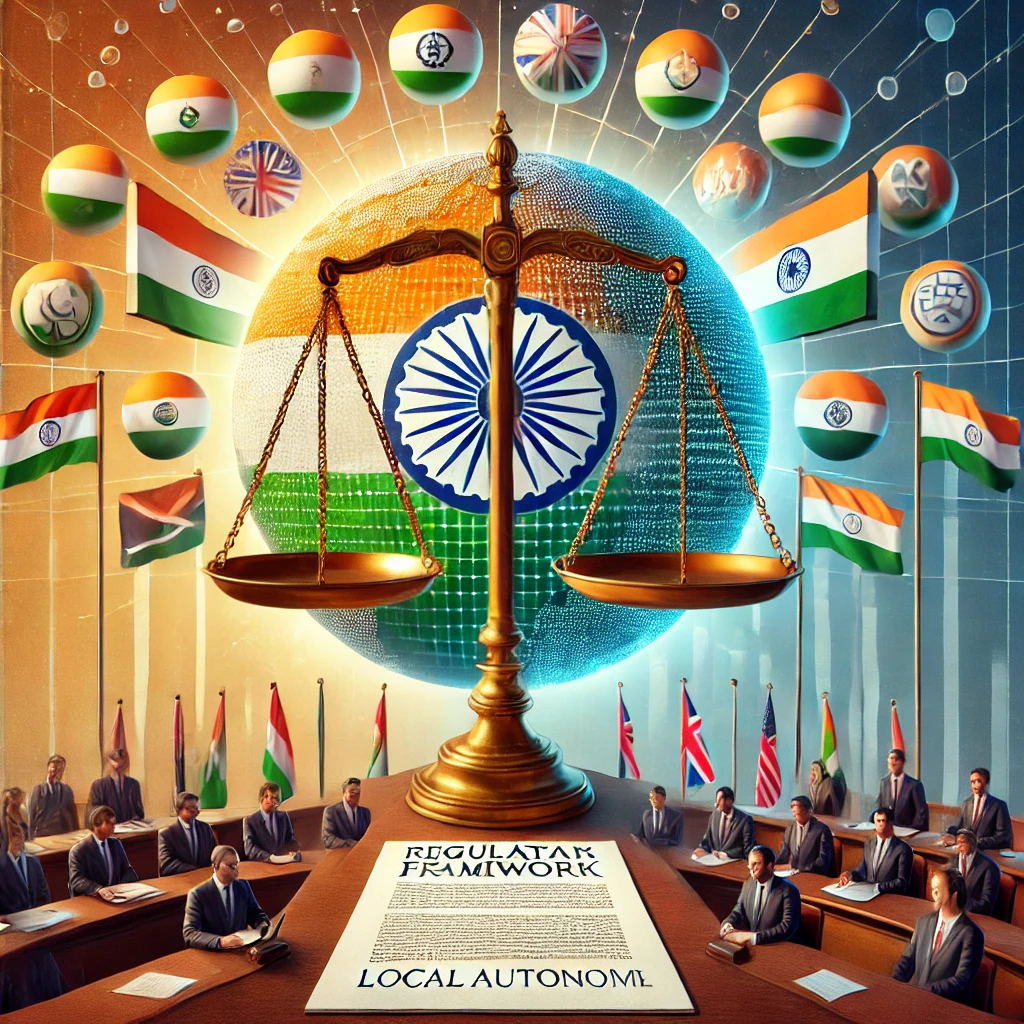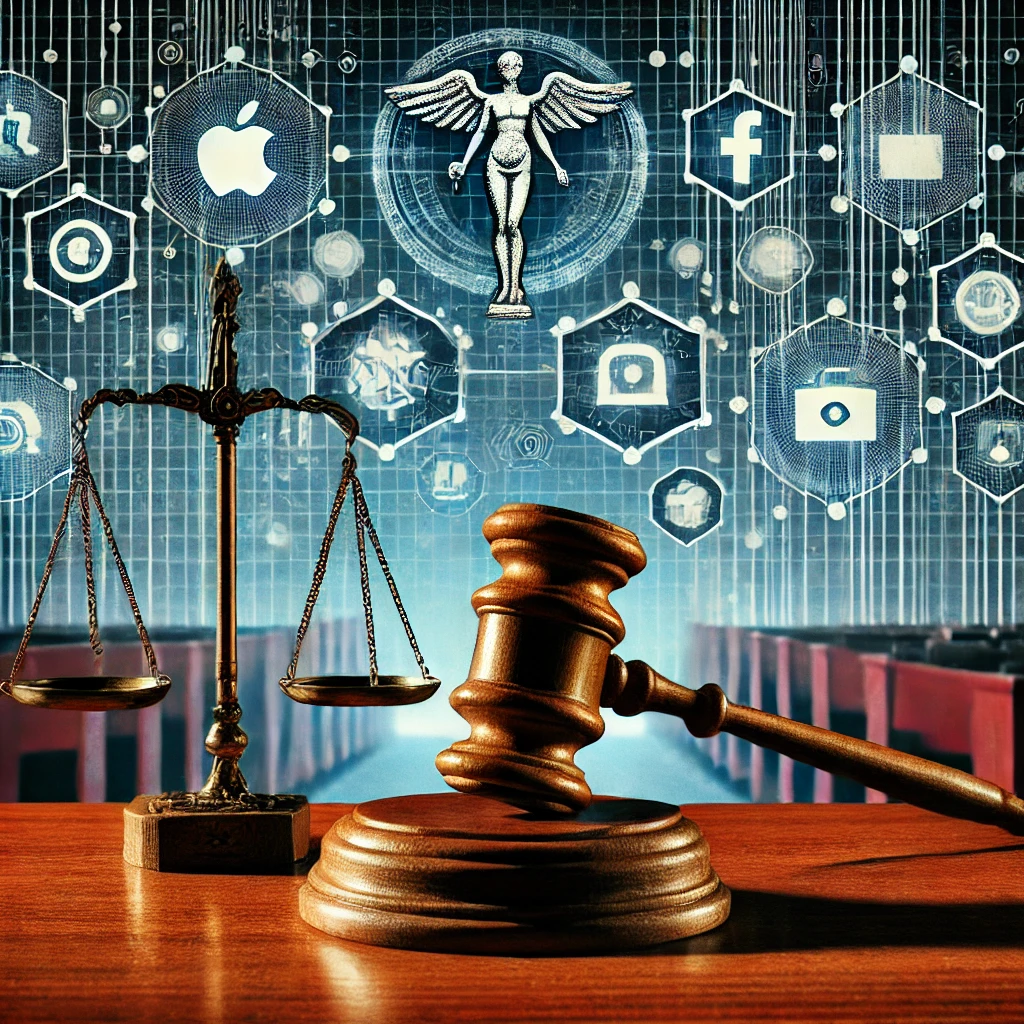State Recognition and Its Relevance in Present World
📘 State Recognition and Its Relevance in the Present World
What is State Recognition?
State Recognition refers to the formal acknowledgment by existing states or international organizations that a particular entity satisfies the criteria of statehood and is accepted as a sovereign state under international law.
Criteria for Statehood (Montevideo Convention, 1933)
According to the Montevideo Convention on the Rights and Duties of States, a state should possess:
Permanent Population
Defined Territory
Government
Capacity to Enter into Relations with Other States
Recognition is a separate political act acknowledging that these criteria are met.
Types of Recognition
1. De jure Recognition
Formal and legal recognition of a state’s sovereignty and government.
2. De facto Recognition
Acknowledgment of the existence of a government or entity in control, but not full legal recognition.
3. Collective Recognition
Recognition by international organizations (e.g., the United Nations).
Importance of State Recognition
1. Enables Diplomatic Relations
Recognition allows states to establish embassies, exchange diplomats, and enter into treaties.
2. Participation in International Organizations
Recognized states can join the UN and other global bodies.
3. Legal Personality
Recognized states have rights and duties under international law.
4. Sovereign Immunity and Protection
Recognition grants protection to state officials and assets.
5. Access to International Aid and Trade
Recognition facilitates access to international assistance and trade agreements.
Relevance in the Present World
1. Emergence of New States and Conflicts
With ongoing conflicts, secessionist movements, and geopolitical shifts, recognition plays a crucial role in state legitimacy (e.g., Kosovo, Palestine, Taiwan).
2. Globalization and Interdependence
Recognized states participate fully in global governance, trade, and diplomacy, impacting peace and development.
3. International Law and Stability
Recognition helps maintain international order by defining legal statehood boundaries.
4. Challenges and Controversies
Disputes over recognition can fuel conflicts (e.g., recognition of Israel, Western Sahara, Crimea).
Recognition can be used as a political tool by states to support allies or isolate adversaries.
Summary Table
| Aspect | Relevance Today |
|---|---|
| Diplomatic Relations | Enables formal international engagement |
| Legal Status | Confers international legal personality |
| International Organizations | Access to UN and other global bodies |
| Conflict Resolution | Helps clarify sovereignty in disputes |
| Political Tool | Used in geopolitics to influence power |












comments